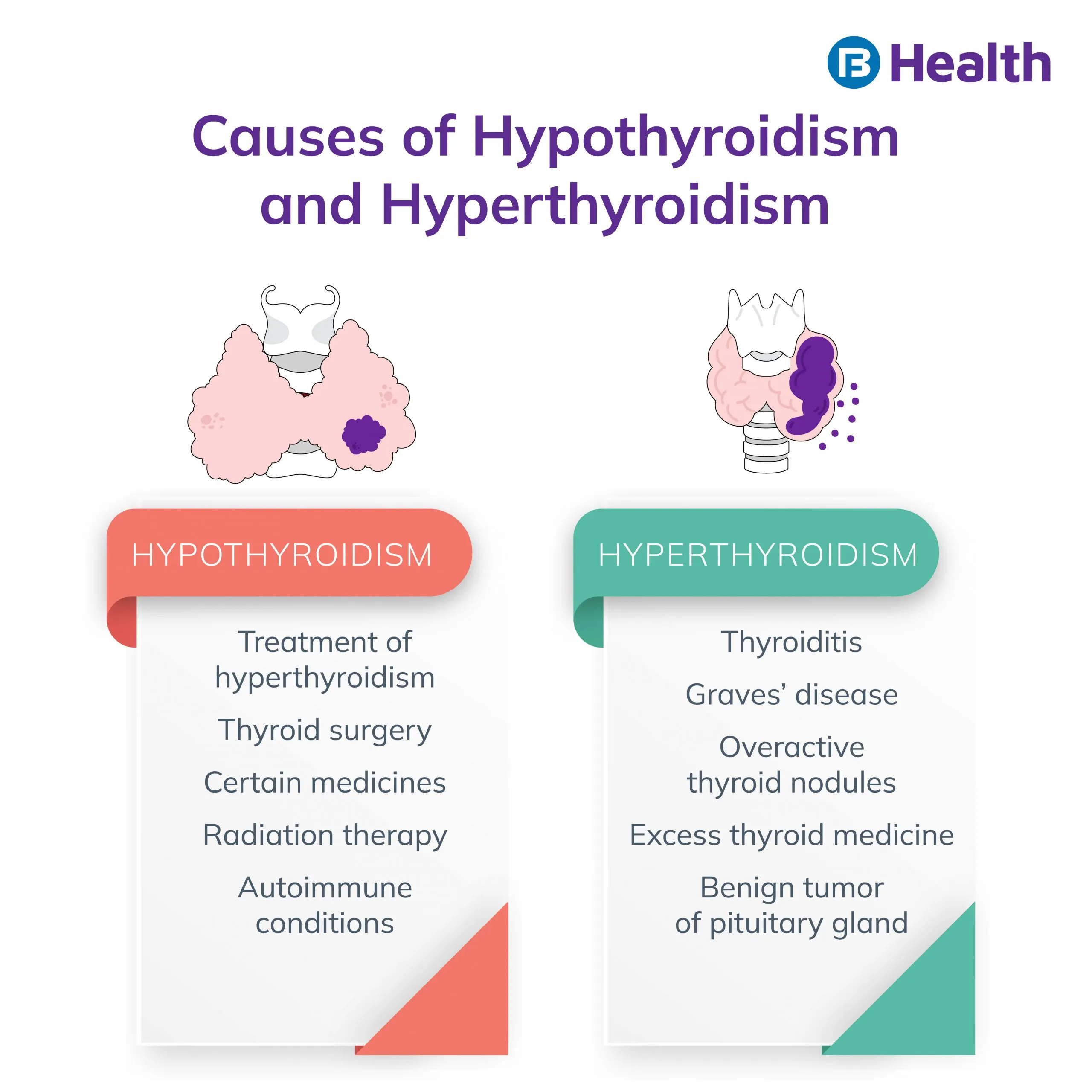Health Tests | 5 min read
Thyroid Stimulating Hormone Test (TSH): What is Normal Range
Medically reviewed by
Table of Content
Key Takeaways
- Thyroid stimulating hormone test helps assess the function of thyroid gland
- Thyroid stimulating normal range depends on factors like age, gender, health
- Discuss your thyroid stimulating hormone test with doctor to know next steps
The thyroid stimulating hormone test can help doctors assess if your thyroid gland is overactive, underactive, or normal [1]. Apart from that, a TSH test can help your doctor determine whether the treatment is effective or not. The thyroid stimulating hormone test also helps identify thyroid disorders.
It is important to get timely treatment for thyroid disorder to avoid developing major health issues. The pituitary and thyroid glands are responsible for balancing the thyroid hormones present in your blood. The main purpose of a TSH lab test is to detect the amount of hormone present. This lab test only detects the hormones produced by your pituitary gland. This is because the pituitary gland controls and stimulates your thyroid gland. Read on to understand more about the thyroid stimulating hormone test.
Additional read: HCG Blood Test
When is the Thyroid Stimulating Hormone Test Needed
Your doctor will usually order a thyroid stimulating hormone test if you present the symptoms of an overactive or underactive thyroid gland. An overactive thyroid gland is when it produces more hormones, and an underactive thyroid gland is when it produces fewer hormones.
A TSH lab test helps assess whether your thyroid is overactive or underactive because it detects the amount of TSH present in your blood. As mentioned, the pituitary gland produces TSH. When the pituitary gland produces a high amount of TSH, it means your thyroid gland is underactive and vice versa. When your thyroid gland is underactive, it means you may have hypothyroidism, and when it is overactive, it may mean hyperthyroidism.
Common symptoms of hypothyroidism include weight gain, thinning of hair, fatigue, indigestion, puffiness, memory impairment, enlarged goiter, and more.
Common symptoms of hyperthyroidism include brittle hair, thin skin, sweating, irregular menstruation, weight loss, increased hunger, and more.
How is the Thyroid Stimulating Hormone Test Performed?
The thyroid stimulating hormone test involves drawing blood using a syringe. The sample is then sent for a lab test. This test will determine your hormone levels. There are several kits available to use at home for thyroid stimulating hormone tests to check your hormone levels.
You can take this test according to your convenience as it does not require fasting. Keep in mind that the at-home kits only give the result. To understand what you can do to bring your levels back to the normal range, you will have to talk to a doctor. They can help assess your results and guide you through an effective treatment plan.
When is the Thyroid Stimulating Hormone Test Performed?
Usually, it is suggested by the doctors when you start facing thyroid symptoms like muscle weakness or weight loss [2]. You do not need to stop your medicine course for previous medical issues while getting the thyroid stimulating hormone test. Keep in mind that certain medicines can impact the function of your thyroid gland, so it is necessary to inform your doctor about your medication.
For example, if you are taking lithium, your thyroid function has to be continually monitored. This is because lithium possesses a higher risk of affecting your thyroid gland function. It is generally recommended that you take a thyroid stimulating hormone test before starting this medication. After this, your doctor will advise you on the gap you need to maintain between your TSH lab test. If the results are not in the thyroid stimulating normal hormone range, then you should avail of treatment.

What is the Thyroid Stimulating Hormone Normal Range?
THS levels generally fall between 05 to 5.0 mu/L (milliunits per liter) [3]. The thyroid stimulating normal hormone range may vary depending on the lab. Apart from that, these levels generally decrease in case of pregnancy. Moreover, the normal ranges also vary depending on your gender and age. As a result, it is important to consult a doctor to understand whether your thyroid hormone level is normal.
Doctors take into consideration various factors while evaluating your THS levels. These factors include:
- Other thyroid tests: Doctors take into consideration the result of other thyroid tests before determining your thyroid gland function.
- Age: Normal range for TSH level depending on your age. For example, an 80-year-old person will have higher TSH levels. Even if older patients have slightly higher TSH levels, it is considered normal.
- Pregnancy: Because of the hormonal change during this time, it is normal for your TSH level to vary. Generally, the levels are lower in the first trimester.
- Severe illness: Even if a health condition is not related to the function of your thyroid gland, it can affect your TSH levels.
The thyroid stimulating hormone test is generally a part of your regular health checkups, but your doctor can suggest this in case you are facing any thyroid symptoms that are affecting your health. You can take guidance on treatment options by booking a consult with specialized doctors on Bajaj Finserv Health. You can also sign up for a Complete Health Solution health insurance package on this portal. They offer discounts on laboratory tests, preventive health checkup options, and cashless reimbursement. With the right health policy, lab tests, and doctor consultation, you can give your thyroid the attention it deserves.
References
- https://kidshealth.org/en/parents/test-tsh.html#:~:text=A%20thyroid%20stimulating%20hormone%20(TSH,the%20base%20of%20the%20brain
- https://medlineplus.gov/lab-tests/tsh-thyroid-stimulating-hormone-test/.
- https://www.uclahealth.org/endocrine-center/normal-thyroid-hormone-levels#:~:text=TSH%20normal%20values%20are%200.5,as%20guided%20by%20an%20endocrinologist.
Disclaimer
Please note that this article is solely meant for informational purposes and Bajaj Finserv Health Limited (“BFHL”) does not shoulder any responsibility of the views/advice/information expressed/given by the writer/reviewer/originator. This article should not be considered as a substitute for any medical advice, diagnosis or treatment. Always consult with your trusted physician/qualified healthcare professional to evaluate your medical condition. The above article has been reviewed by a qualified doctor and BFHL is not responsible for any damages for any information or services provided by any third party.
